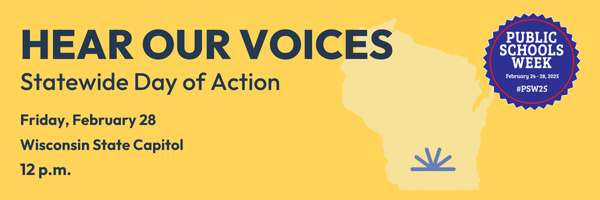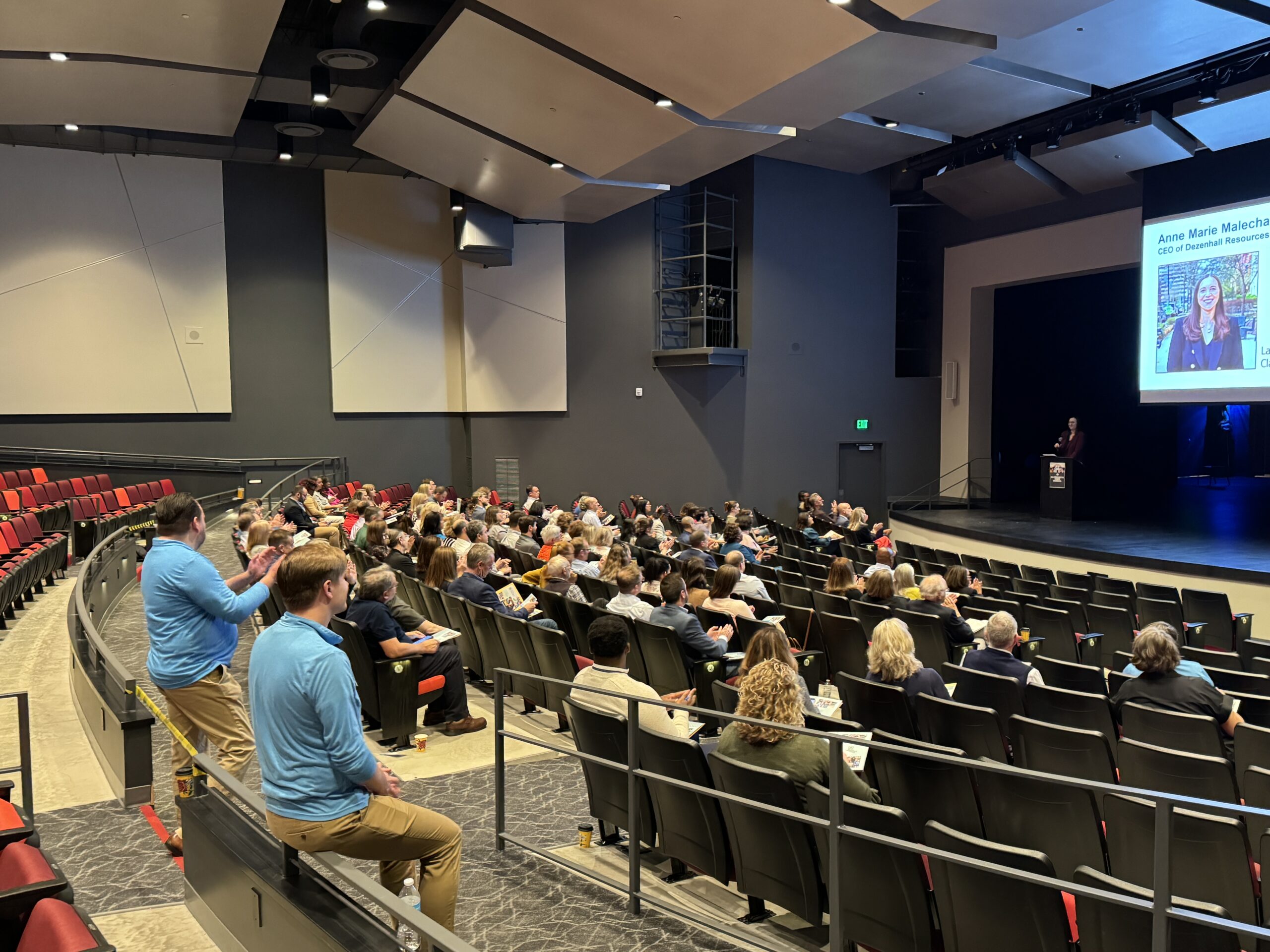
The Urgent Need for Equitable Investment in Public Schools
Public schools are the cornerstone of democracy and the heart of our communities. Today’s students—children in our neighborhoods—will grow up to become tomorrow’s leaders, entrepreneurs, and caregivers. They will become our co-workers and taxpayers, making their mark and investing in our communities, just as we are doing now. Our schools and educators carry the responsibility and pride of educating and preparing all students for a dynamic, unknown future. But they cannot do this work alone. A thriving community has a thriving school district, and it takes all of us to make this happen.
To ensure that all students—both those who choose public schools and those for whom public schools are the only option—have access to a high-quality education with a broad array of learning opportunities, funding for public schools needs to change. It must be not only adequate but also equitable across the state to uphold the right to an equal opportunity for a sound basic education, as afforded by the Wisconsin Constitution. This right is jeopardized when funding decisions fail to align with current educational needs. As the 2025-27 biennial budget session takes shape, we have a chance to show that we value and support all of Wisconsin’s students. The state’s budget process is at the heart of these critical decisions.
Wisconsin’s Biennial Budget Process
Wisconsin’s biennial budget process begins with state agencies preparing and submitting budget requests to the Governor. Based on these requests and the Governor’s own priorities, an initial draft of the state budget is developed. The Legislature’s Joint Finance Committee then reviews it, schedules public hearings across the state to gather citizen input, and makes edits based on the feedback received. The revised budget is then submitted to both the Assembly and Senate for further debate until both chambers can agree. Once consensus is reached, the budget is presented to the Governor for approval, full veto, or partial veto. Typically, the final budget is signed into law by June 30 of odd-numbered years.

Ideally, this process produces a budget that reflects our collective priorities as a state and addresses our needs. Unfortunately, this has not held true for our public schools.
Wisconsin’s Ongoing Disinvestment in Public Schools

For the past 30 years, Wisconsin has been steadily disinvesting in its public schools. While the 2023-25 budget added more than $1.2 billion in state support and was described as a “historic investment in education,” things are not always as they appear. Nearly half of that $1.2 billion—$590 million, or 48%—went to the School Levy Tax Credit, which helps reduce property taxes but does not provide direct funding to schools.

This is just the most recent example of the state failing to provide adequate resources. Over the past decade, due to strict revenue limits, state revenue to school districts has not kept pace with inflation. Additionally, the state’s 31% special education reimbursement rate widens financial gaps for districts, forcing them to shift general operating funds away from other critical needs. In Madison, this created an $87.2 million budgetary gap for the 2023-24 school year.
The Burden on Local Communities
MMSD is not alone in this challenge. With little or no annual revenue growth to meet students’ needs, school districts across Wisconsin face a tough choice: implement devastating cuts or turn to their communities for support.
In 2024, a total of 241 referendum questions appeared on the ballot across 192 of the state’s 421 school districts. While voters approved approximately 70% of these referenda, recent trends indicate declining passage rates, which can have far-reaching consequences. For example, Mauston School District put forward two operating referenda in 2024, both of which failed. As a result, district administrators planned $2 million in cuts for the 2025-26 school year and feared the district might be forced to dissolve if another referendum this week did not pass. Fortunately, it did.
School districts should not be forced to ask their communities for funding that the state should already be providing. Yet, this has become the norm in Wisconsin’s third decade of K-12 public education disinvestment. There are no winners in this scenario. Residents are burdened with increasing property taxes to support their schools, while districts are forced to draft multiple budgets in the absence of predictable funding.
A Call to Action
It is disappointing that state funding for K-12 public education has prioritized property tax relief and one-time allocations rather than providing stable, ongoing support. However, it doesn’t have to be this way. It is time for us to say: enough is enough.
As a state, we are once again at a crossroads. We can continue to starve our public schools, or we can choose to invest in our future. Beyond the number of referenda and widening budget gaps, an often-overlooked consequence is school districts’ inability to fully and adequately staff classrooms to meet students’ needs.
The state must fund public schools both adequately and equitably so they can serve all students and families. Education is a right, not just another line item in the budget. It’s time for our elected officials to treat it as such.
Our kids’ futures can’t wait.



